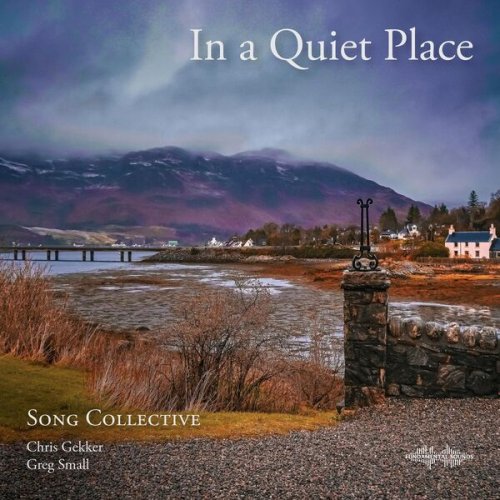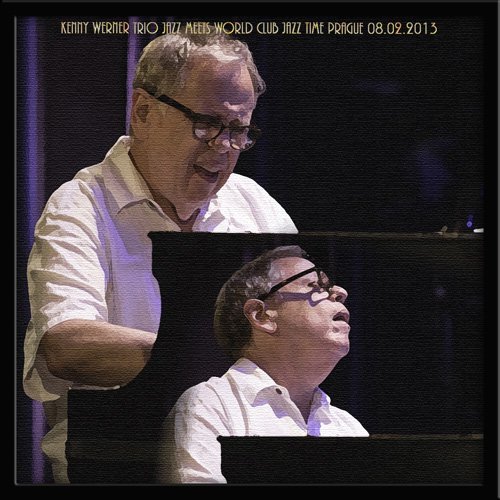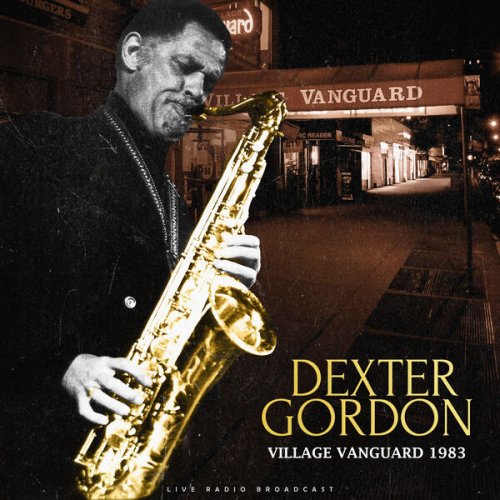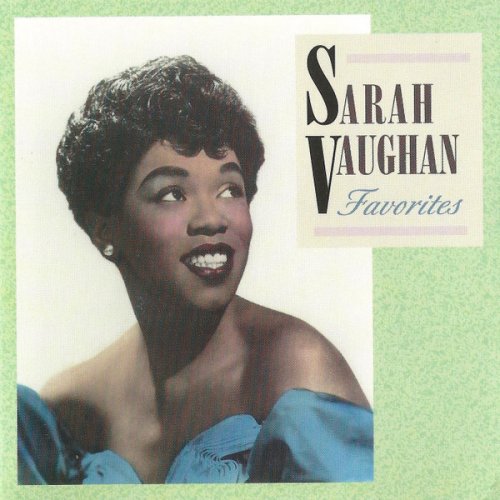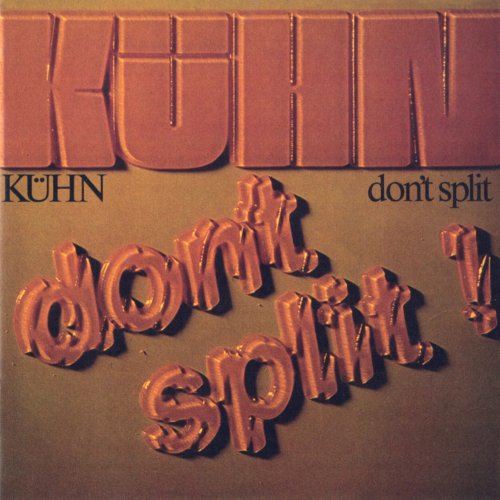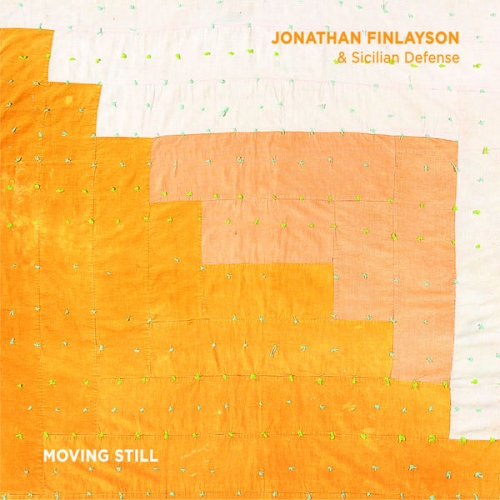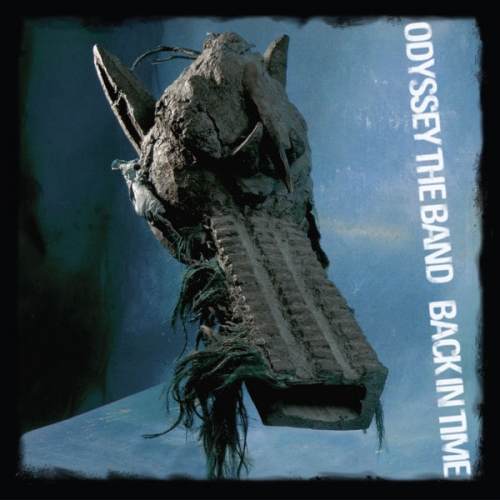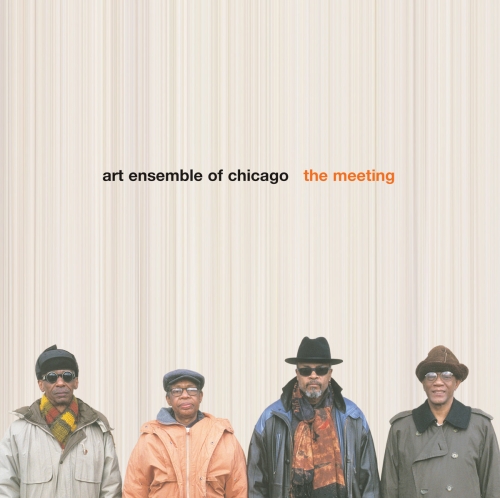Francesco De Gregori - Scacchi E Tarocchi (1985)
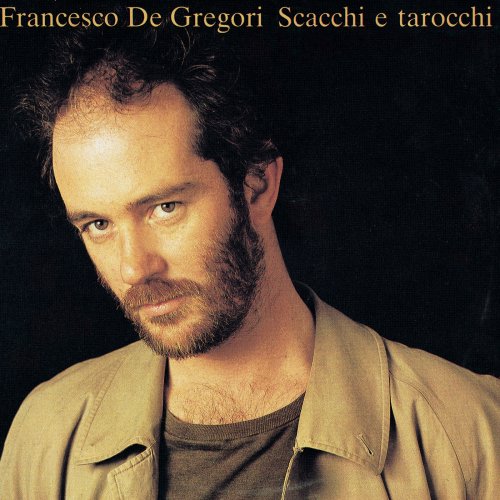
Artist: Francesco De Gregori
Title: Scacchi E Tarocchi
Year Of Release: 1985
Label: RCA
Genre: Pop, Pop Rock
Quality: FLAC (tracks) / MP3 320 Kbps
Total Time: 33:42
Total Size: 198 / 87 Mb
WebSite: Album Preview
Tracklist: Title: Scacchi E Tarocchi
Year Of Release: 1985
Label: RCA
Genre: Pop, Pop Rock
Quality: FLAC (tracks) / MP3 320 Kbps
Total Time: 33:42
Total Size: 198 / 87 Mb
WebSite: Album Preview
1. La Storia 2:28
2. Scacchi E Tarocchi 4:42
3. I Cowboys 3:00
4. Ciao Ciao 2:32
5. Poeti Per L'Estate 3:14
6. A Pa' 4:04
7. Sotto Le Stelle Del Messico A Trapanàr 3:23
8. Piccoli Dolori 3:54
9. Tutti Salvi 2:36
10. Miracolo A Venezia 3:20
The '80s was not a great decade for singer/songwriters, given the obsession that FM radio programmers all over the world had with drum machines and MIDI synthesizers. For a while, it seemed (at least to music producers and record companies) that no record would get any airplay if it did not comply with a certain electronic sound. For many songwriters like Francesco De Gregori, born and bred on acoustic guitar and piano settings, adjusting to the new sound proved quite a challenge. Not surprisingly, many of his records from that decade sound a bit forced, or dated, particularly when compared with his previous or later work. Bob Dylan, Joni Mitchell, or Lou Reed are good cases in point; so is De Gregori. Fortunately, while sections of 1985'sScacchi e Tarocchi fall under the sonic iron rule mentioned above, his songwriting remains strong as ever. Not coincidentally, this is easier to see in the songs that keep the arrangement to a minimum, as in the gorgeous piano ballads "Ciao Ciao" and "A Pa'," the latter a warm -- if characteristically oblique -- tribute to Pier Paolo Pasolini, who was a key influence in De Gregori's intellectual and political education. Scacchi e Tarocchi's raison d'être, however, has to undoubtedly be his opening number, "La Storia," it's one of the most extraordinary songs he ever wrote. Its subject could not be more grandiose: history and the way it affects people's everyday lives. The way De Gregori goes about it, on the other hand, could not be humbler: he uses only his voice and a few piano chords, a simple language, one memorable image after another. He puts forward the idea that every single person is socially responsible and has a political role to play, and that neglecting such facts will not make History stop, change, or go away -- and, believe it or not, he somehow manages to do all this while sounding earnest rather than pretentious. "La Storia" is nothing short of a miracle of popular songwriting: a socialist philosophy of History made into a two-and-a-half minute pop ballad in a language that everyone can understand. The studio version present in this otherwise fine collection, or any of its live versions, is essential listening for anybody seeking to understand the sheer greatness of Francesco De Gregori.
